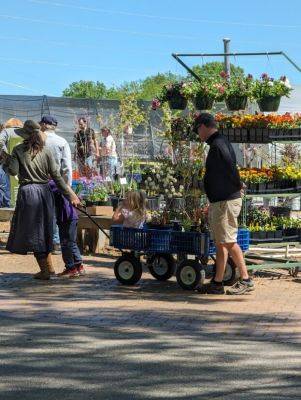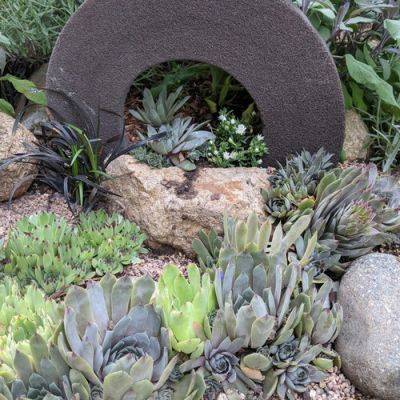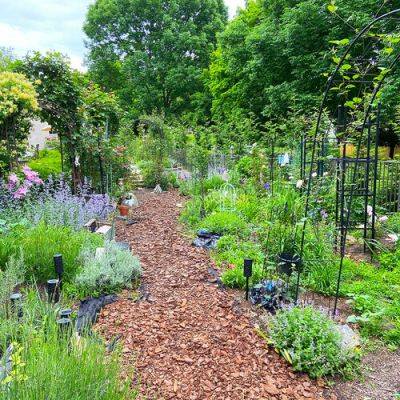Friday, October 4 2:00 PM-6:00 PM Friends of the Garden members Become a member today!
Avoid These Common Watering Mistakes In Your Vegetable Garden
27.08.2024 - 17:42 / southernliving.com / Lauren David
Have you ever wondered how often you should water your vegetable garden? Watering may seem straightforward, but there are some important considerations to think about before you get out your watering can or the garden hose. The way you water your plants is essential for them to grow and thrive. “Just like the sun, water is a key component to having a successful veggie garden,” says Nicole Shah, gardener and co-founder of Garden Girls, a garden design company in Houston, Texas.
Various factors influence when and how to water your garden, such as the time of day and how you water can make a big difference. “Proper watering ensures that your plants receive the necessary moisture to support their physiological processes, such as photosynthesis and nutrient absorption…[and] helps your vegetable plants develop strong roots,” says Amy Hovis, principal/owner of Eden Garden Design and owner of Barton Springs Nursery, in Austin, Texas.
Meet the Experts
- Nicole Shah is a gardener and the co-founder of Garden Girls, a garden design company in Houston, Texas.
- Amy Hovis is the principal and owner of Eden Garden Design and owner of Barton Springs Nursery in Austin, Texas.
Notice drooping leaves and think the foliage needs a drink? Think again. Spraying the whole plant can lead to problems. “Watering the leaves can promote pests and plant disease,” says Shah.
Instead, water at the plant’s base to ensure it reaches the roots. “Watering at the base encourages a healthy root system, which, once established, allows the plant to concentrate on its foliage or production,” says Hovis. There are a couple of methods to water your vegetable plants. According to Shah, “The best way to get water to the roots of
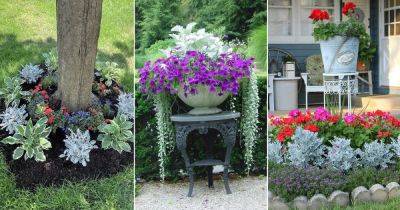
20 Dusty Miller Garden Ideas for Landscaping
Known by various names like the Silver Dust and the Silver Ragwort, the Dusty Miller (Jacobaea maritima) is a go-to plant for gardeners as it fits into any flower garden, regardless of the color scheme.
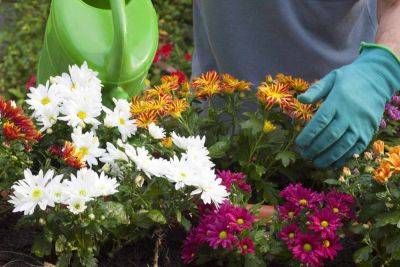
How Often To Water Mums To Keep Them Blooming All Season Long
Chrysanthemums or mums are a must-have for autumn décor. They are perfect for pairing with pumpkins and gourds, and steal the spotlight with an explosion of blooms in fiery red, orange, and yellow hues that echo the autumn foliage. You’ll also find vibrant pink, lavender, and even white mums to dress up containers and gardens. Mums are easy to care for but require regular watering to keep them flowering for many weeks. How much water plants need and how often you should water mums varies depending on where the plant is growing. Follow these simple tips to determine when to water mums and keep them looking their best all season.
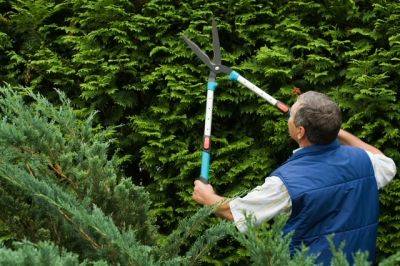
Is Your Husband a Gardening Ninja
Is Your Husband a Gardening Ninja?

6 Small Tasks to Do Daily to Declutter Your Kitchen, Experts Say
Let's be honest: staying on top of cleaning and organizing every room in your home can get overwhelming—and before you know it, piles of junk on countertops and crammed-full kitchen cabinets can feel unmanageable.

5 Reasons Why Your Garden Could Benefit from a Pond
Have you ever thought about installing a pond in your garden? A pond can offer numerous advantages and serves more purposes than just being a decorative feature. Whether you have a spacious garden or a modest area, a pond can be a valuable addition. Here are five reasons why your garden might benefit from having a pond:
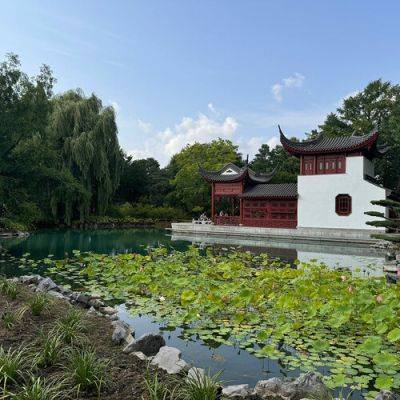
GPOD on the Road: Montreal Botanical Garden – Part 2
Happy Friday GPODers!
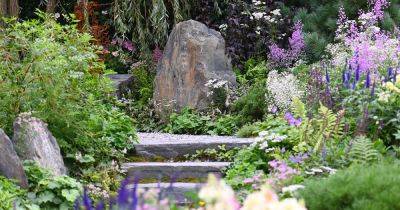
Rock Garden Ideas
Rock gardens are an attractive way of displaying a variety of small plants including alpines, dwarf shrubs and low-growing perennials. They can be adapted to suit any space – an alpine trough, old stone wall or sunny border can all be used to create a form of rock garden. One of the first rock gardens was built at the Chelsea Physic Garden in London in the late 1770s, and they became a popular feature in Victorian and Edwardian gardens, providing a way to display alpine plants from around the world.
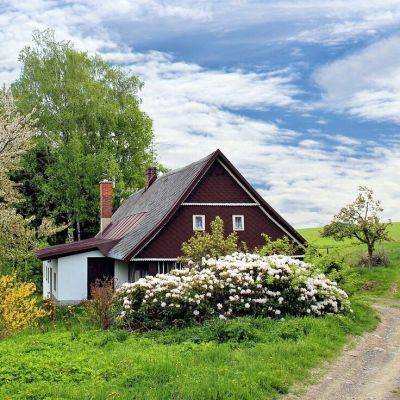
5 Tips for Setting Up an Entertainment System in Your Garden
If you plan on setting up an entertainment system in your garden, there are many ways you can go about it, and there are many things to consider to ensure you get the most out of your space.
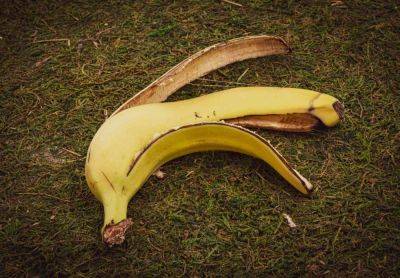
Should You Use Banana Peels In The Garden? Experts Weigh In
You've likely heard that burying banana peels in your garden is a good way to add important nutrients to the soil to grow healthy plants. Banana peels do contain nutrients, but not as many as you may think. Plus, it's not as simple as placing them in the soil and skipping fertilizer or compost.
